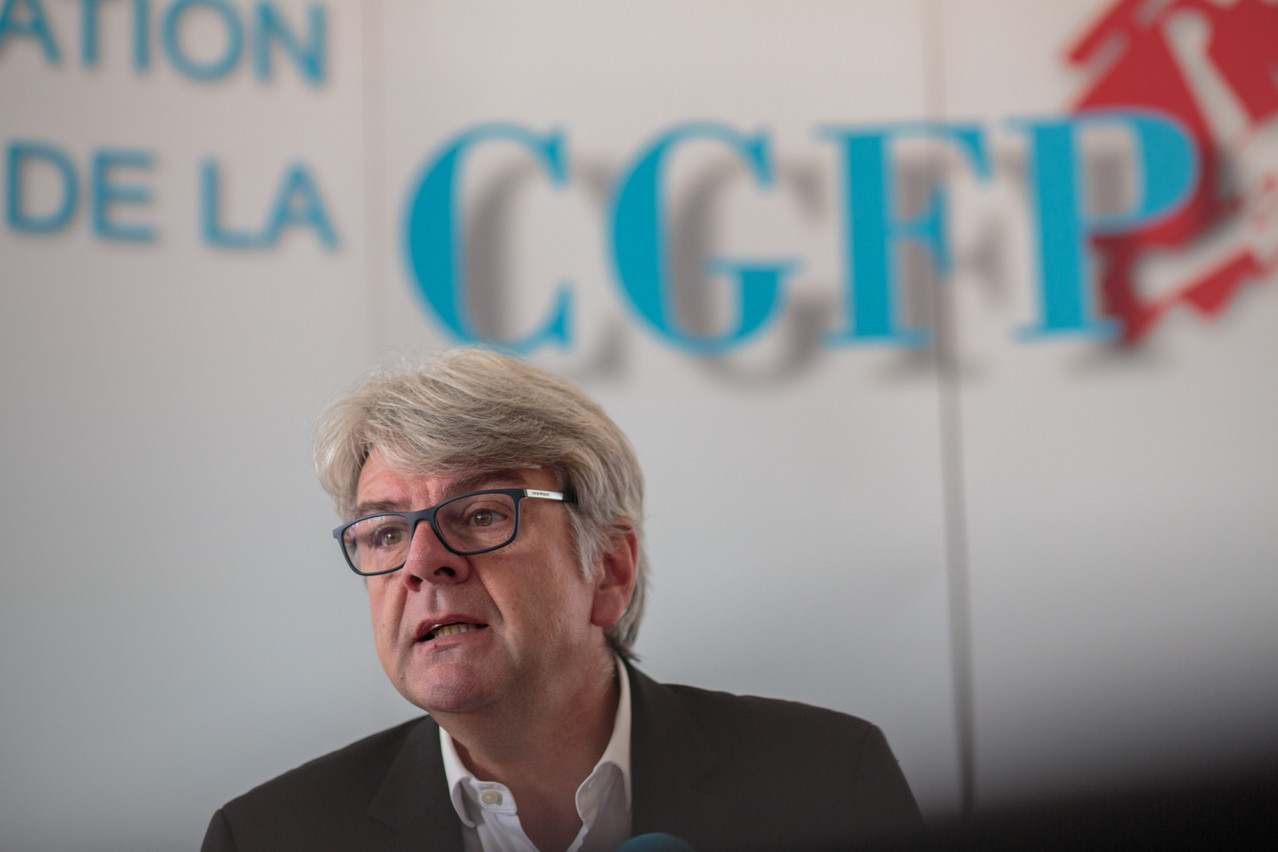“We have achieved our objective: the CGFP remains indisputably the number one in the civil service,” enthused the national president of the civil service union, . “After this electoral landslide, the CGFP will remain the government’s sole interlocutor on issues of general interest affecting the civil service for the next five years,” added its general secretary, Steve Heiliger.
And between pension reform, tax reform, the full application of the wage agreement reached with the government and the defence of important social gains, such as the indexation mechanism, the union will have its work cut out for it. In almost the same terms as in 2020, when the issues were already the same. Last year, the union had obtained the abolition of the grading system for civil servants in favour, as part of management by objectives, of individual interviews conducted every year rather than every three years.
Early this year, whilst the CGFP wanted 4% pay rises per year, the government gave in on 2% in 2025 and 0.5% in 2026... “.
Even before announcing the results, the CGFP had already set up an appointment for Friday. “At the end of the federal committee meeting, the CGFP will give its opinion on the major tax reform and present an initial assessment of the discussions on a possible reform of the pension system.”
The future composition of the Chamber of Civil Servants and Public Employees (CHFEP) will be as follows: of the 24 seats reserved for the civil service, 23 are allocated to the CGFP. In the local authority sector, the FGFC, the local authority staff union, won four of the five possible mandates. These two professional organisations, linked by a long-standing cooperation agreement, will occupy 27 of the 29 seats in the new professional chamber.
Detailed results
Group 6: the SNE-CGFP (teachers’ union) regains the seat it lost five years ago, again with two mandates.
Group 5 (higher education): the Féduse/Enseignement-CGFP retains both seats.
Group 3 (middle career): the three specialist unions AGC, SPFP and FGEC, united on a joint list, win all four seats.
Group 4 (lower careers): the CGFP takes seven mandates out of seven.
In the other four groups, there was no ballot: no CGFP candidate was opposed.
Group 7 (civil servants and army volunteers): the three seats go to the joint list AEE-CGFP/APBCEE.
Group 1 (career A1): the brand new member organisation UFP (Academics in the Public Service) wins three seats.
Group 2 (career A2): the only seat goes to the joint list of specialist unions AGC and AGITE. In the field of culture, another seat goes to the CGFP.
This article was originally published in .
